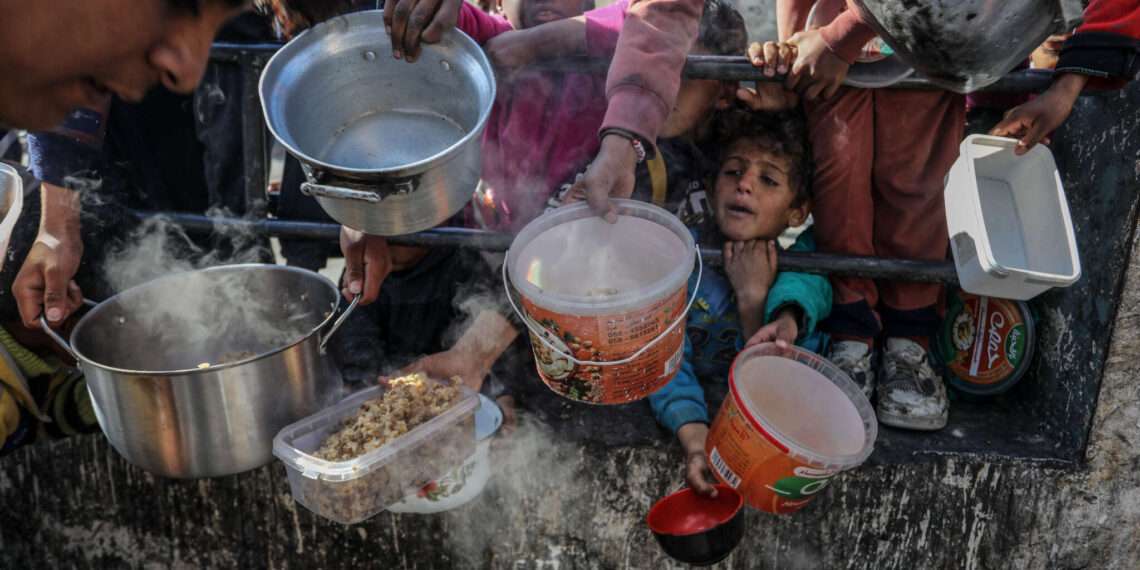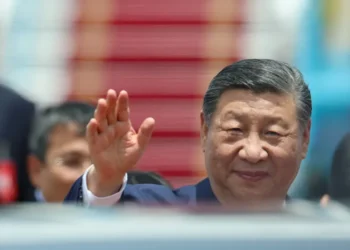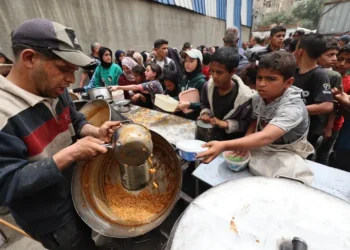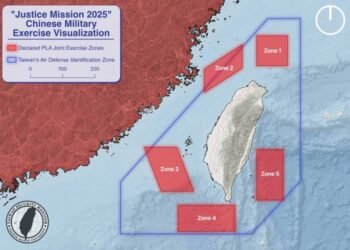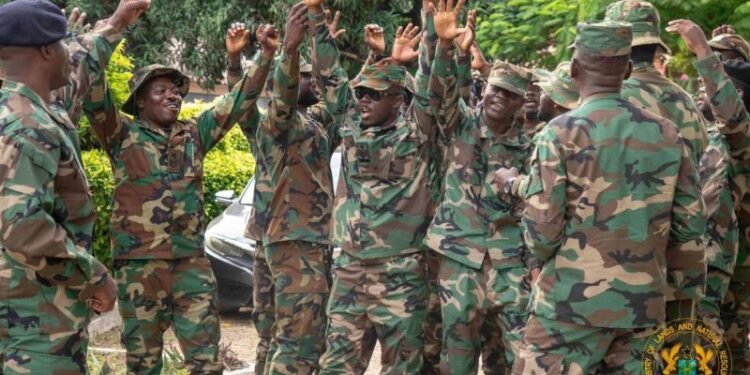Global criticism of Israel over the bleak situation in Gaza, has soared.
Speaking at the the UN Security Council, EU foreign affairs Chief, Josep Borrell voiced deep concern over the situation in the Gaza, stating that it is “just the tip of an extraordinarily serious conflict that has been raging between Israelis and Palestinians for almost a century.”
Condemning the October 7 attacks on Israeli communities and stating Israel’s right to self-defence, he added that this must be done in full compliance with international law and international humanitarian law.
“I don’t want to teach anyone of you about what is happening in Gaza,” he said.
Borrell stated that the humanitarian crisis in Gaza is “not a natural disaster.”
“This is a man-made crisis,” Borrell averred.
“When we look for alternative ways of providing support by sea or by air, we have to remind that we have to do it because the natural way of providing support to roads is being closed – artificially closed – and starvation is being used as a war arm.”
Josep Borrell
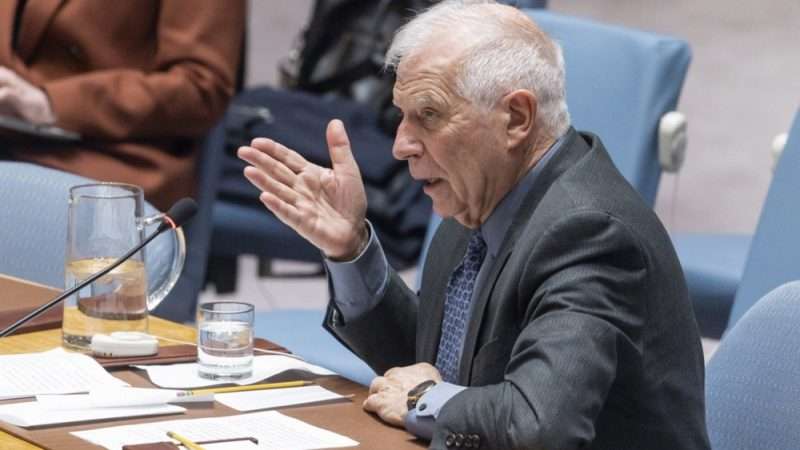
Borrell stressed that UN entities, such as the Office for the Coordination of Humanitarian Affairs (OCHA), World Food Programme (WFP), and the UN agency assisting Palestine refugees (UNRWA), in Gaza are the “last lifelines” for many.
“Yes, UNRWA is facing allegations, but allegations have to be proved – that is why they are allegations,” he said, noting that the EU awaits, with interest, the conclusions of the Office for International Oversight Services (OIOS) investigation, an EU systems audit, and the independent review led by Catherine Colonna.
“But let me remind something, UNRWA exists because there are Palestinian refugees. It is not a present to the Palestinians, it is an answer to their needs,” he said, stressing that one cannot make the refugees disappear by making UNRWA disappear.
Philippe Lazzarini, the Commissioner-General of the UN agency for Palestinian refugees (UNRWA), has described the number of children killed in Israel’s war on Gaza as “staggering”.
He said the number of children reported killed in just more than four months in Gaza was higher than the number killed in four years of war around the world combined.
Meanwhile, the Israeli military announced that a six-truck convoy carrying aid from the WFP has entered northern Gaza as “part of a pilot to prevent Hamas from taking over aid.”
A UN official told a news agency that the convoy used an Israeli military road near the Gaza fence.
Shaza Moghraby, a spokeswoman for the WFP, said it was the agency’s first delivery to the north since February 20 and “proves that moving food by road is possible.”
No Signs Of Calm On Israel-Lebanon Border
Exchanges of fire across the Israel-Lebanon border have escalated.
The fighting has also forced about 90,000 people to flee southern Lebanon, according to a report released in late February by the International Organization for Migration, while in Israel 80,000 people were evacuated from northern towns and villages by the Israeli government, according to Israeli media.
Israeli forces struck deep into Lebanese territory for a second consecutive day as the Hezbollah armed group kept up its rocket launches.
The Lebanese group, early on Tuesday, said that it had fired at least 100 Katyusha rockets into northern Israel, targeting Israeli air defence and missile command headquarters at the Kilaa Barracks as well as a missile and artillery base in Yoav.
It said the attacks were in response to Israeli shelling of the Bekaa Valley region that killed at least one person on Monday night.
Later on Tuesday, the Israeli military said it carried out more attacks on the Bekaa Valley, a Hezbollah stronghold located near Lebanon’s border with Syria. The Israeli military said it “struck two Hezbollah military command centers” in the Baalbek area.
The violence is the worst since Hezbollah and Israel fought a war in 2006.
A news agency disclosed that Israeli attacks since October have killed more than 200 Hezbollah fighters and about 50 civilians in Lebanon. In Israel, about a dozen soldiers and six civilians have been killed, it said.
Hezbollah chief Hassan Nasrallah said in February that a ceasefire in Gaza would end its military operations but some believe Israel will not be satisfied by that.
A number of analysts feel Israel may turn its full focus to the Lebanese front if a Gaza ceasefire is established.
“Israel made it clear that once they are done with Gaza, they will turn their attention to the north,” Hilal Khashan, a professor of political science at the American University of Beirut, said.
He added, “They want Hezbollah away from their border [be it] diplomatically or militarily. They’ve been clear on this matter.”
Until a ceasefire is announced in Gaza, uncertainty hangs over Lebanon, with the potential for another catastrophic war just around the corner.
READ ALSO: Aid In Dying; A Paradoxical Liberation

